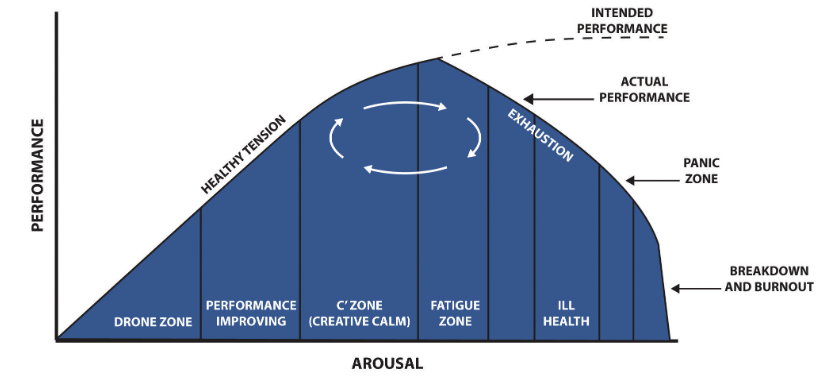Only 24% of employers provide mental health support
Burnout levels among young professionals are at an all-time high, with signs being displayed in 98% of employees aged between 18 to 24, according to Cigna International Health.
Generation Born Age
| Gen Z | 1997 – 2012 | 10 – 25 |
| Millennials | 1981 – 1996 | 26 – 41 |
| Gen X | 1965 – 1980 | 42 – 57 |
Research by the healthcare provider found a 31% increase in mental health claims by workers in 2022.
The cost of living crisis is cited as one of the main stressors amongst those surveyed, with over one third (36%) reporting the rising the ongoing economic crisis as the leading cause of their stress.
Over 3,000 professionals and mobile workers globally took part in the survey, which reported that while 40% of employees are now looking for mental health support from their employer, only 24% provide it.
Cigna stated the finding highlights how financial worries are affecting the health of people across the nation in ways employers may not be aware of.
Anne Lepetit, medical director at Cigna International, said burnout can be difficult to detect and people react to it in different ways, so team leaders and managers “need to be coached to listen to employees and to recognise the warning signs”.
“Burnout is a very real issue for everyone, particularly in the workplace. People often went into autopilot ‘survival mode’ during the pandemic and muddled through. Now, almost three years later the mental exhaustion linked to the pandemic is causing people to quite literally crash and burn,” Lepetit commented.
The report also found that many people misunderstand what they are experiencing and how their health is being affected.
“Burnout is the feeling of being overwhelmed, it’s not a disease and it remains classed as a syndrome, but if left untreated it can lead to other serious mental health conditions, and physical problems including heart disease and high blood pressure,” Lepetit added.
We need to remember that not all stress is bad for us
We tend to think of all stress as negative, but research has shown that some types of stress can actually cause us to challenge ourselves and work at a higher level. For example, if you want to run a marathon, at some point you may have to physically challenge yourself to keep running even when you are exhausted.
This type of stress—positive stress to help us achieve at a higher level—is called eustress. It can motivate us to reach goals. For example, we may experience eustress before a job interview. This eustress can be positive if it helps us achieve success in the interview. Some people may view positive stress as negative stress and vice versa.
The Human Function Curve, originally developed by Peter Nixon, says there are different levels of stress that we may experience and our stress level affects our level of performance. He calls any state where we are awake and reacting to stimuli an arousal state, such as being at work.
If we compare the amount of stress to our performance, our performance actually improves when we experience eustress. However, according to this model, there is a point where chronic stress can impede our performance. Looking at Figure 1 , you can see in the drone zone, for example, that our performance is low. We may be bored and not have enough positive stress for us to perform at a higher level. In the C zone, for example, we may experience eustress, which raises our performance. However, when we reach the fatigue zone, we could be experiencing chronic stress, which impedes our performance.
 Figure 1. The Human Function Curve. As you can see, performance is actually improved with a certain amount of stress, but once that stress becomes episodic or chronic, our performance actually goes down.
Figure 1. The Human Function Curve. As you can see, performance is actually improved with a certain amount of stress, but once that stress becomes episodic or chronic, our performance actually goes down.
P3 Business Care
P3 Business Care is a Community Interest Company and social enterprise operating across the UK. Supporting your business on a weekly basis we provide personal and proactive care to your employees and immediate family working in partnership with the company. Our Business Partners visit your business weekly developing trust & relationships so we can identify and address issues before they become crisis, absence, or staff turnover. Read more about our services here

